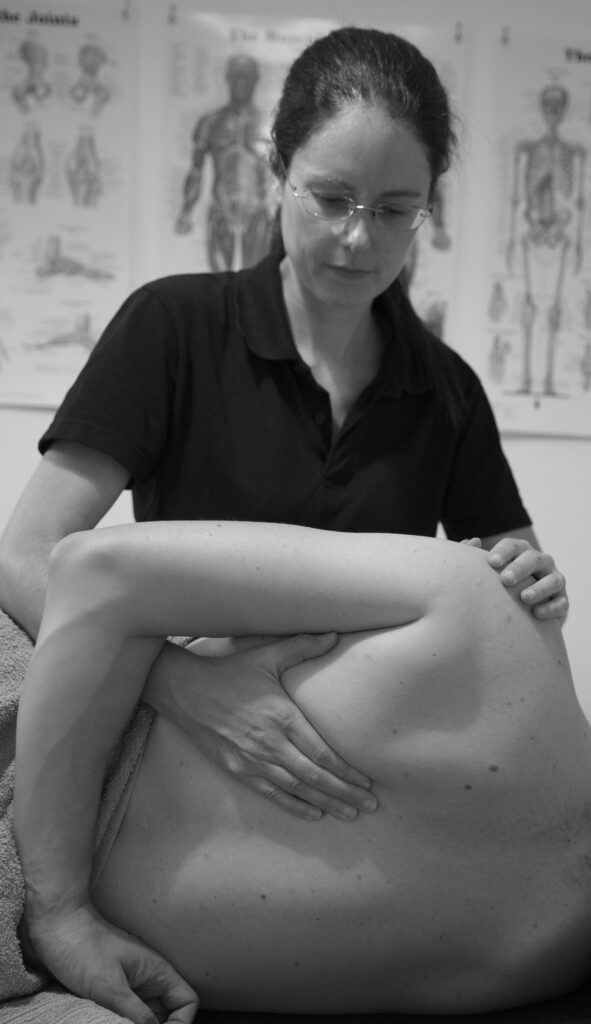What is Soft Tissue Therapy?

Soft Tissue Therapy is a new term for a long-established technique, developed from the need to better describe the wide range of applications and methods used by the practitioners who have gone by the term of Sports Massage Therapists.
Sports massage is a hugely misleading term, implying both that it is only for sports people and that it is only massage. This cannot be further from the truth. The clients benefiting from Soft Tissue Therapy are not just sports people, and the treatments are wider-reaching and of a higher clinical level than just massage alone.
So often, the location of the pain is not the location of the cause, and it is vital for recovery to trace the source of the pain back to its origin. Lower back pain, a common issue in today’s society, is often caused by tightness or weakness in the leg, hip and abdominal muscles, rather than the back itself. The tight shoulders and neck which so many people suffer with, causing headaches and pain in the upper back, is in fact often caused by tightness in the upper chest. Both of these common, but debilitating, issues are often a result of the postural tendencies developed through our lifestyles of desk work, driving and other habits.

In many cases there may be a simple solution to preventing the pain and immobility, and through treatment and rehabilitation this can be found. The release of certain muscles and the activation of others can alleviate these issues. This is especially powerful when combined with rehabilitation exercises at home. Soft Tissue Therapy can not only treat the presence of muscular pain during the treatment session, but also empower someone to be able to take control and banish a long-term problem for life.
Soft Tissue Therapy incorporates various types of massage (sports, remedial, deep tissue, Swedish and pre/post-event), focused techniques including soft tissue release, muscle energy technique, neuromuscular technique, positional release and myofascial release; as well as postural assessment, joint assessment and rehabilitation exercises.
The applications of Soft Tissue Therapy are wide-reaching and the benefits are huge: reducing pain, improving mobility, recovering faster and performing better.
